Definition:
As policy moves towards doing a better job of encouraging higher efficiency for both water and energy use, the policy makers will find methods for credit industry of leading the charge.
CWQA’s position on it:
CWQA believes that water treatment in many cases are an essential part of the building’s water systems. The cost to treat water municipally to the highest levels, to transport it through aged infrastructure and still be liable for the water at the point of exit in some regards is a costly proposition. Point of use water treatment has been considered a final barrier technology for decades and is supported now in the plumbing code. This is now a viable solution. Further technologies like water softening can decrease scale on heat exchangers thus using less energy to heat water in the building over time.
Rainwater use, greywater reuse and sustainable decentralized wastewater systems are all topics of talk today. The maturing of policy, standards and performance levels will increase the acceptability of these systems as strategies to increase water conservation, decrease energy use and overall reduce the carbon footprint of providing our buildings with useable water for drinking and utility.
How it impacts our members:
As CWQA advocates to change policy to encourage the efficient application of water treatment devices and systems, rainwater systems and greywater reuse systems to decrease the burden on the municipal infrastructure and the natural resource.
What is CWQA doing about it:
CWQA is active in education and advocacy on water treatment, rainwater and greywater use standards and acceptability in policy and code. We are supportive of programs that can encourage the application of industry’s products in the water systems.
Source:
Energy Efficiency, Carbon Taxes and Water Conservation – Canadian Water Quality Association
